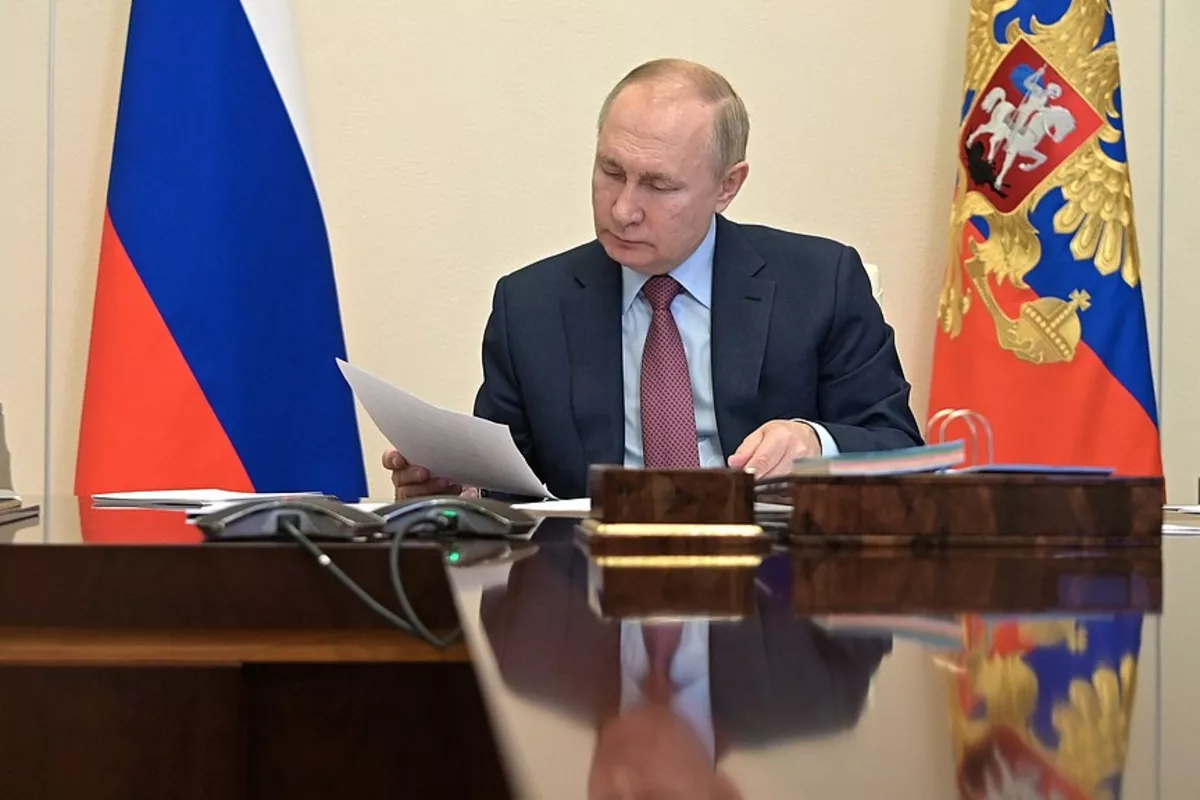
photo: RIA Novosti
Russian President Vladimir Putin has suggested the possibility of abolishing the patent system for migrant workers, highlighting the issue sensitivity during a meeting with parliamentary faction leaders.
President Putin acknowledged the system widespread use but did not rule out reconsideration, emphasizing that migration remains a highly delicate topic for Russian society, The Caspian Post reports via Tajik media.
He stressed that both federal and regional authorities must actively address migration challenges rather than avoid them. Putin’s remarks come ahead of his state visit to Tajikistan scheduled for October 9, where migration is expected to be a prominent subject of discussion.
What is the patent system?
Russia’s patent system applies primarily to migrant workers from visa-free countries in Central Asia, including Tajikistan. The patent acts as a work permit that migrants must obtain within 30 days of arrival, with validity tied to monthly prepaid income tax contributions. For instance, from January 1, 2025, the monthly patent fee in Moscow will be 8,900 rubles ($106.78). The patent is valid for up to one year but restricts migrants to specific regions and employment sectors.
Recent changes in migration policy:
Stricter language exams: In July 2025, requirements for Russian language tests, necessary for patents and residency, were intensified, adding more listening components and raising minimum passing scores.
Exemptions for quota-based workers: A bill exempting quota-based foreign workers from language, history, and law exams was proposed in May and approved by the Federation Council in July.
Patent-free work extension: President Putin signed a decree allowing work without a patent until December 31, 2025, in the newly annexed regions of Donetsk, Luhansk, Zaporizhzhia, and Kherson.
Bilateral migration talks:
On the same day as Putin’s remarks, Russian Interior Minister Vladimir Kolokoltsev met with Tajik Interior Minister Ramazon Rahimzoda in Lianyungang, China, during the Global Forum on Public Security. They discussed cooperation on transnational crime, terrorism, drug trafficking, and the legal status of Tajik migrants in Russia. Both sides highlighted the need to improve migrants’ living and legal conditions amid heightened public scrutiny in Russia.
Economic impact of migration:
Data from Russia’s Interior Ministry reveals that income taxes from migrant work patents amounted to 63 billion rubles (approximately $670 million) from January to May 2025, marking a 35 per cent increase over the same period in 2024. In total, 124 billion rubles (about $1.6 billion) were collected last year. These advance tax payments significantly support regional budgets across Russia.
Currently, an estimated 3 million foreign workers are employed in Russia, distributed across sectors as follows: 800,000 in construction, 350,000 in retail and manufacturing, 193,000 in logistics and storage, and 63,000 in agriculture. In 2024, 6.3 million foreigners entered Russia, returning to pre-pandemic levels, with nearly half arriving for employment purposes. The top countries of origin are Uzbekistan (23.3 per cent), Tajikistan (16.7 per cent), and Kyrgyzstan (10.4 per cent).
Share on social media